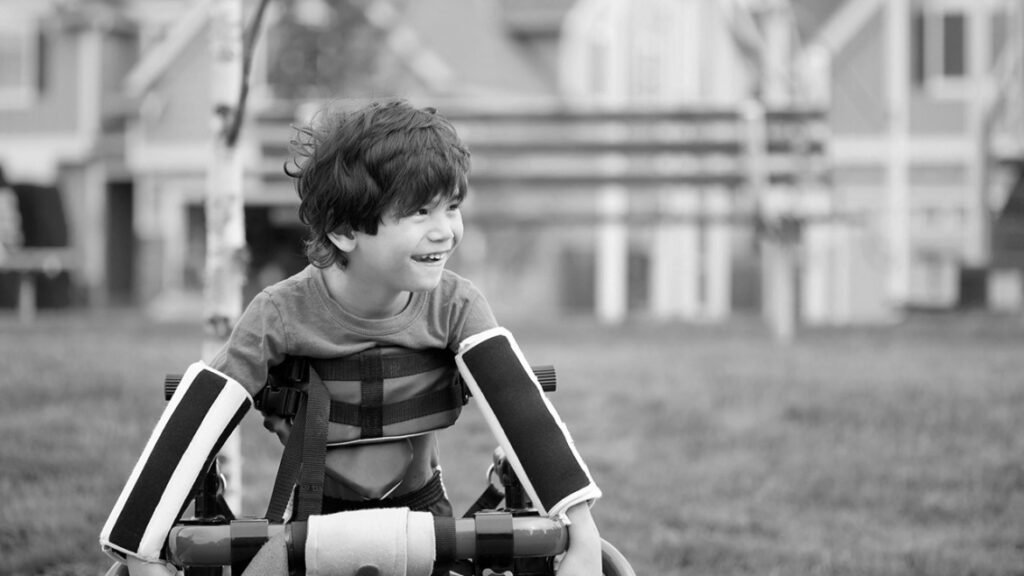Caring for a child with Cerebral Palsy Child can be both challenging and deeply rewarding. CP is one of the most common motor disabilities in children, affecting movement, muscle tone, and coordination. Each child with CP is unique—some may walk independently, others may need support, but all of them deserve love, understanding, and the right medical care.
At The Physionic, we’re here to help families navigate the journey with compassion, professional support, and customized treatment plans.
👉 Book an appointment with our specialists and take the first step toward improving your child’s quality of life.
What Is Cerebral Palsy?
Cerebral Palsy is a group of neurological disorders that appear in early childhood, often before a child turns 2. It is caused by damage to the developing brain, typically before or during birth, or shortly after.
The condition primarily affects muscle control and movement, but it may also be linked with speech difficulties, learning disabilities, or vision problems in some children.
Causes of CP in Children
Some common causes of cerebral palsy in children include:
- Lack of oxygen during birth
- Premature birth
- Brain infections (like meningitis or encephalitis)
- Head injury in infancy
- Genetic conditions
- Maternal infections during pregnancy
However, in many cases, the exact cause remains unknown.
Types of Cerebral Palsy
There are four main types of CP, each with different symptoms:
- Spastic CP (most common) – Stiff muscles and jerky movements
- Dyskinetic CP – Uncontrolled, twisting movements
- Ataxic CP – Poor balance and coordination
- Mixed CP – A combination of two or more types
How Does CP Affect a Child?
Every child with CP experiences it differently. Here are some common signs and symptoms:
- Delayed milestones (like sitting, crawling, or walking)
- Muscle stiffness or floppiness
- Difficulty with posture or balance
- Trouble with speaking or swallowing
- Involuntary movements
- Seizures (in some cases)
It’s important to remember: CP is not a progressive disease, meaning it doesn’t worsen over time. However, without proper therapy and support, the complications can increase.
How We Treat CP at The Physionic
We believe every child with CP can make progress with the right interventions. At The Physionic, we offer:
Early Diagnosis
We assess motor delays and neurological signs to confirm the condition as early as possible.
Physiotherapy
Personalized exercises help improve muscle strength, posture, and movement. Regular sessions can dramatically boost mobility and independence.
Occupational Therapy
Helps children develop skills for everyday activities like feeding, dressing, and writing.
Speech Therapy
If a child has difficulty speaking or swallowing, our speech-language pathologists work on improving communication skills.
Parental Counseling
We help parents understand the condition, build realistic goals, and avoid emotional burnout.
👉 Schedule a consultation to begin your child’s treatment journey with care and confidence.

Tips for Parents of a CP Child
- Celebrate small achievements—progress is progress
- Keep routines flexible, but structured
- Join local or online support groups
- Communicate openly with your child’s therapists and doctors
- Stay positive—your child feels your energy
When to Get Help?
If your baby isn’t reaching milestones like holding their head, sitting up, or crawling, it’s best to get an evaluation early. Early intervention can significantly improve outcomes.
👉 Click here to book an appointment at The Physionic – we’re here to support your child with care, therapy, and encouragement.

